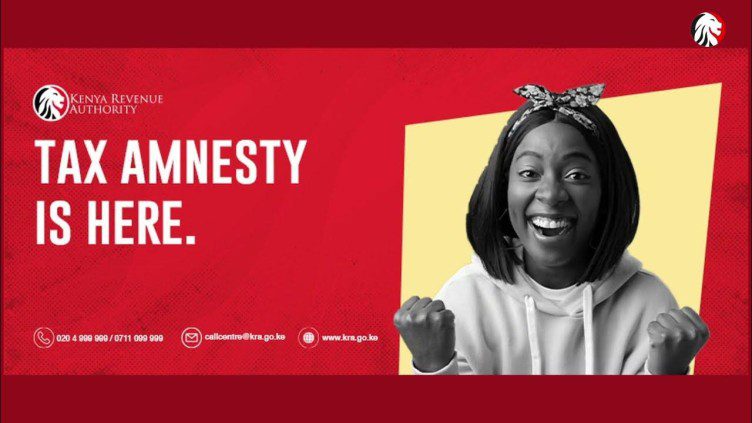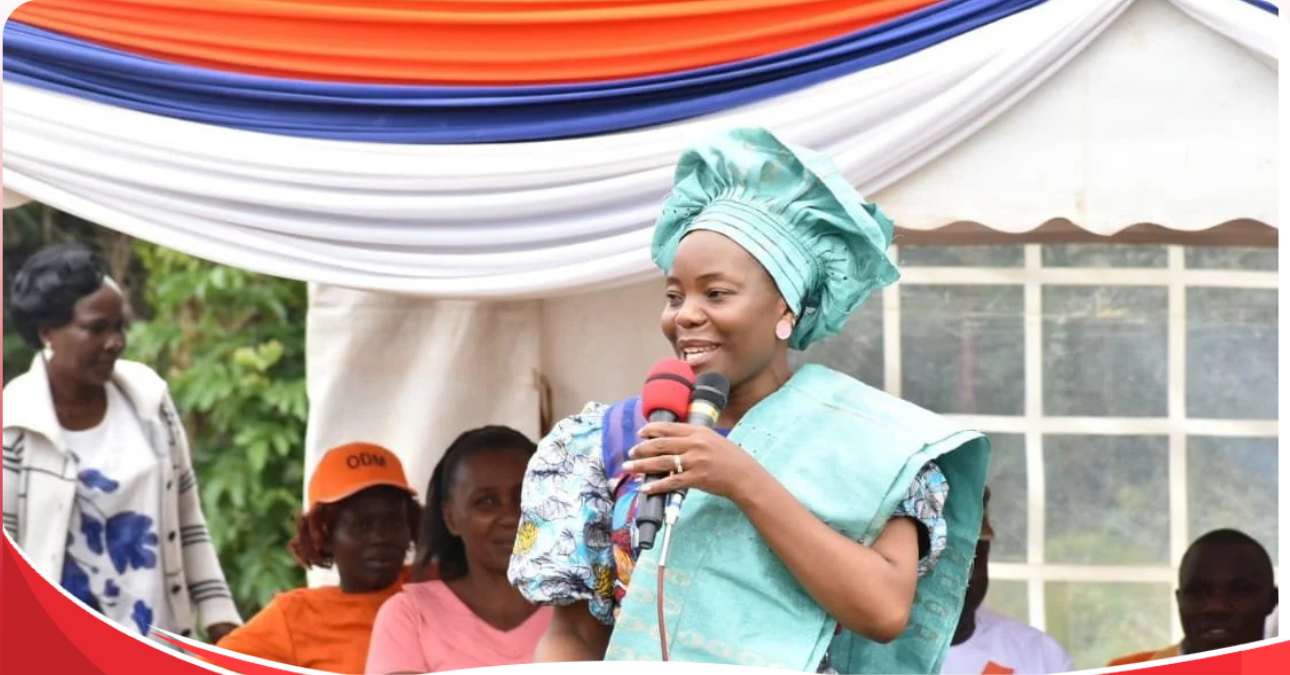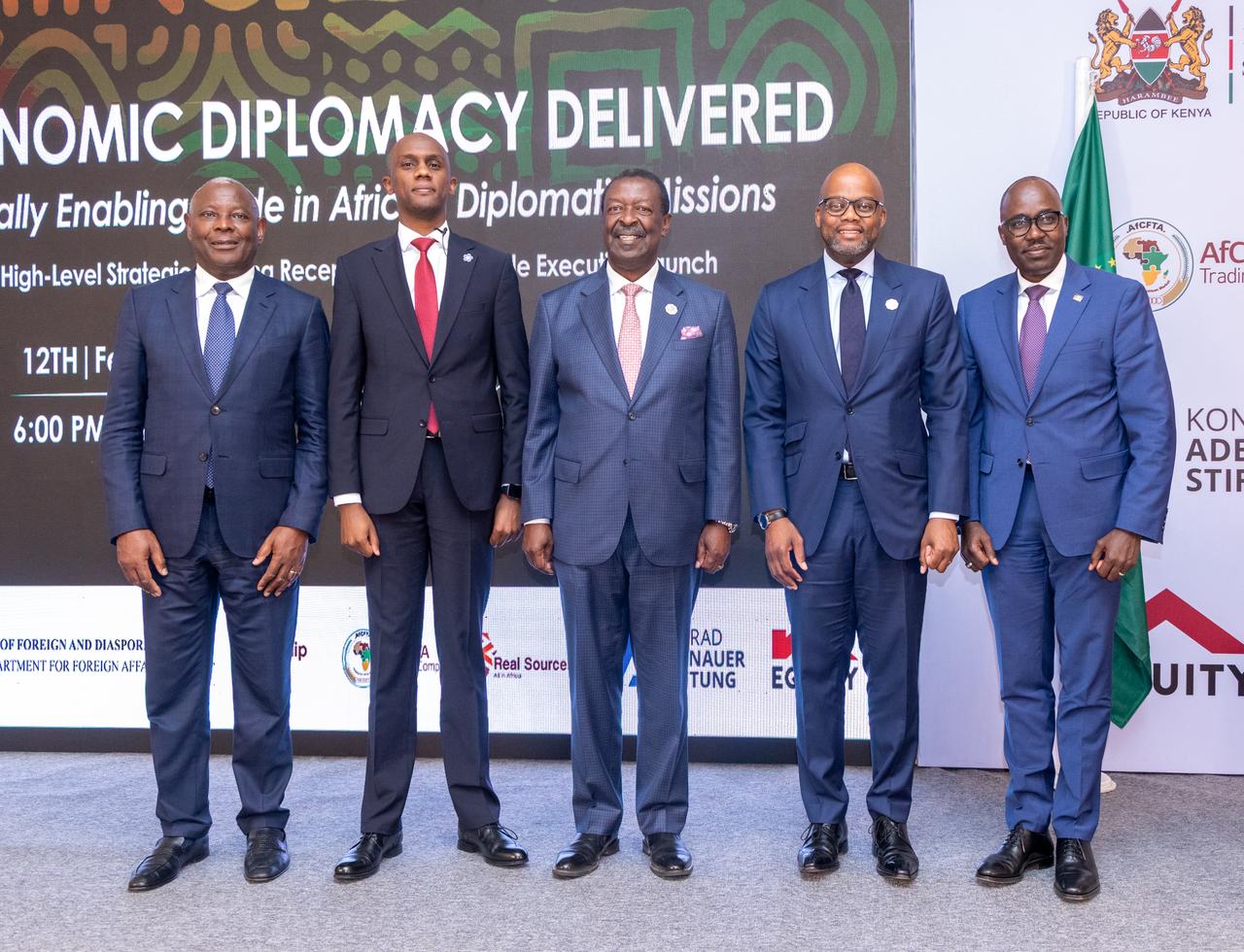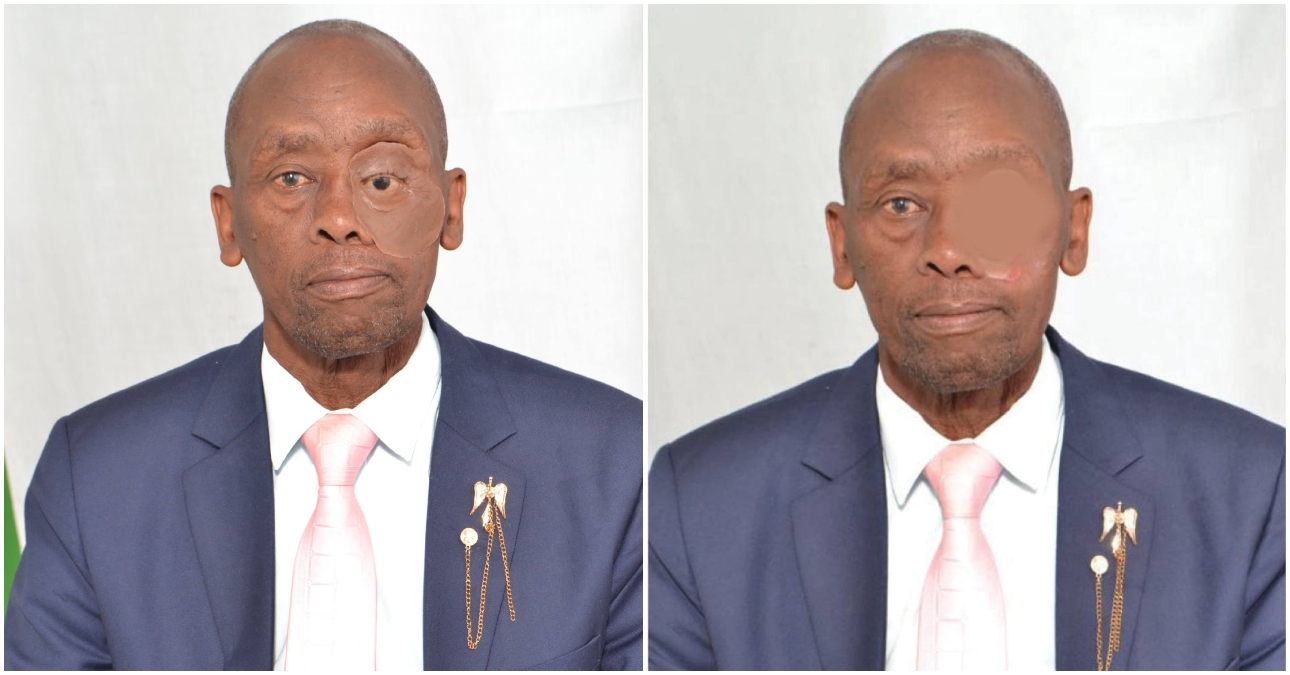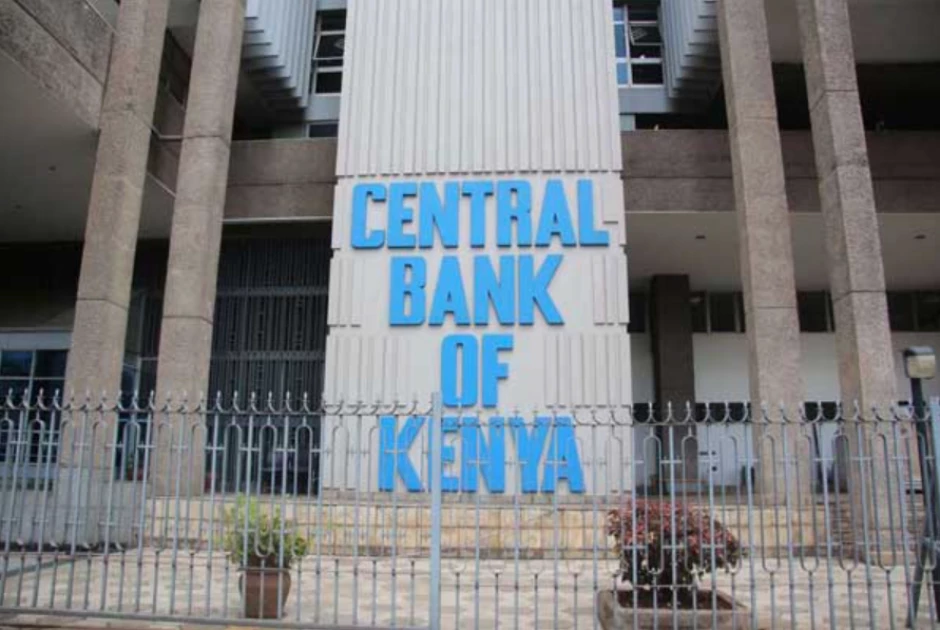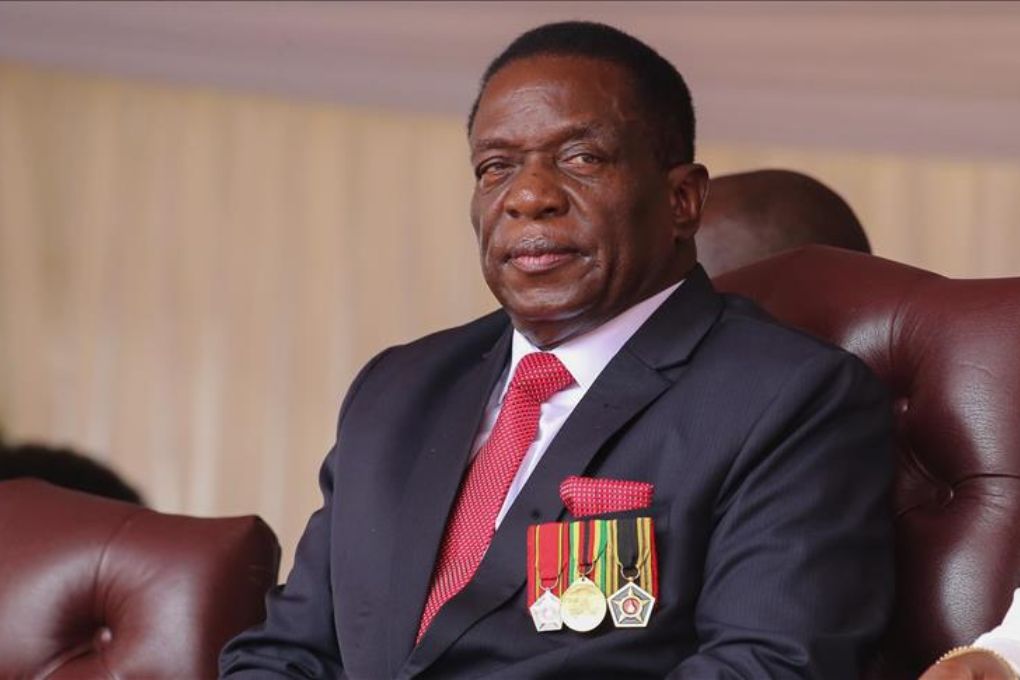Kenya’s extended tax amnesty now running through to end of June 2025 presents a critical opportunity for taxpayers to reset their financial standing and reduce crippling debt burdens. The government’s initiative enshrined in the Tax Procedures (Amendment) Act, 2024 is not merely a fiscal band-aid but a chance for individuals and businesses to clean their tax records, update their data and start anew. With over 3 million taxpayers already benefiting from waived penalty, interests and fines, the tax amnesty program signals a pivotal moment to redefine compliance as a pathway to financial clarity and credibility.
At its core, the tax amnesty empowers taxpayers to directly address legacy liabilities that have long stifled growth. For businesses shackled by years of accumulated penalties, settling the principal tax by 30th June 2025 allows them to shed the weight of compounding debt and redirect resources toward innovation and expansion. Small enterprises, in particular, stand to gain: by negotiating payment plans, they can stabilize cash flows and avoid the existential threat of insolvency. Crucially, resolving these debts also enables taxpayers to clean their records with the Kenya Revenue Authority (KRA), erasing the stigma of non-compliance and opening doors to formal credit, partnerships, and business opportunities that require unblemished tax histories.
The program’s emphasis on data integrity further amplifies its value. Historically, Kenya’s tax system has struggled with fragmented and outdated taxpayer information, leading to disputes, double-counting and mistrust. By incentivizing disclosures, the amnesty encourages individuals and businesses to update their tax records with the KRA, ensuring accuracy of taxpayer data and the integrity of its customer database. This alignment benefits both parties by ensuring that taxpayers gain clarity on their obligations, while the KRA strengthens its capacity to monitor compliance and allocate enforcement resources efficiently. KRA’s adoption of AI enabled tools, blockchain technology and monitoring tools doubles as a means to modernize taxpayer profiles, reduce errors and foster transparency within the tax system.
Even though critics have cautioned that amnesties risk rewarding past non-compliance, Kenya’s tax amnesty program distinguishes itself by prioritizing systemic renewal over short-term gains. For taxpayers, the amnesty is not an escape from accountability but a structured opportunity to reconcile and update their tax records. By clearing debts, taxpayers contribute to a cleaner more reliable revenue ecosystem—one where accurate data reduces audit disputes and bureaucratic delays. For instance, taxpayers who’ve previously clashed with the KRA over recalculated liabilities can avoid time consuming and costly litigation by leveraging the amnesty to manage their debt portfolio, align their records and ensure accuracy of their tax obligations.
To maximize this reset, the KRA has paired the amnesty with robust taxpayer support mechanisms. KRA’s public‑interest communications have emphasized that the same relief is available to everyone—from the corner kiosk operator to multinational corporations. Social‑media campaigns, SMS blasts, county‑level roadshows, media engagements through vernacular stations as well as stakeholder forums have been critical in enhancing awareness. Further, simplified filing processes, taxpayer education and offering digital tools for real-time liability tracking continue to empower even the smallest informal traders to comply confidently.
Kenya’s tax amnesty is more than a fiscal reprieve; it is a catalyst for rebuilding trust in a system long viewed as adversarial. By June 2025, taxpayers have a window to not only settle debts but also redefine their relationship with the state—transforming from reluctant contributors to proactive partners in national development. For Kenya, this reset could mark the beginning of a new era: one where clean records, accurate data, and shared accountability form the bedrock of a thriving economy.
By Linda Onyango, a Communication Expert in Nairobi


